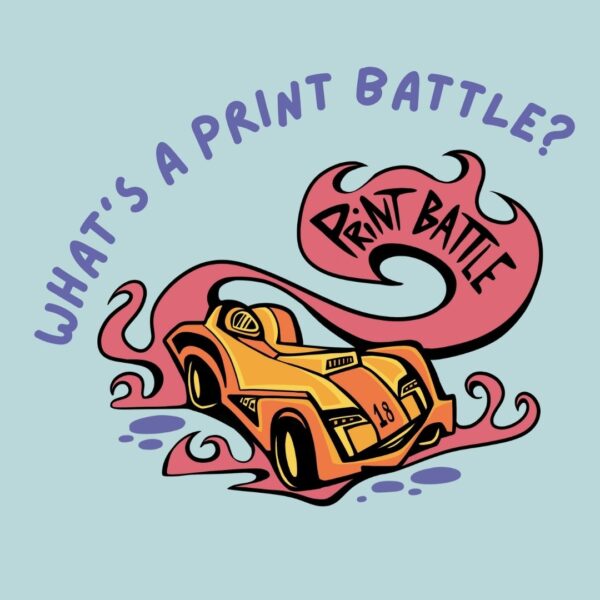
This is a genuine question I have for y’all, since I’ve only lived in Chicago for a couple of years. I know Mayor Richard Daley and the Daley way of doing things was behind this, and I sure as heck didn’t like it. But I’m not an arts administrator with a long history in this city, so I’m really curious about what people in the visual arts think this mayor’s legacy in areas other than theater will be. My questions come in response to last Tuesday’s Tribune article praising Daley’s unflagging support of theater arts in Chicago, written by Trib theater critic Chris Jones (whose intelligent and sensitive writing I really admire, even though I’m not a theater person myself). I couldn’t help but notice, however, that the article used “the arts” as an umbrella term, yet didn’t include any mention of Daley’s legacy with respect to visual arts (and here I’m thinking specifically about museum institutions and the civic cultural life they sponsor), nor did it include any quotes or other assessment of Daley’s job performance by top cultural professionals at places like the Art Institute or the MCA.
An excerpt from the article:
Just as the September playbills paying full-color tribute to Mayor Richard M. and Maggie Daley hit Chicago’s theater aisles and other major arts venues, the city’s cultural leaders reacted with surprise and horror at the impending loss of a rare political leader who dares to speak frequently and passionately about the crucial importance of the arts to the soul of a city.
They are losing their most powerful advocate. And they know it.
“I’m stunned by this news,†said Steppenwolf Theatre Company artistic director Martha Lavey, struggling to keep hold of her emotions Tuesday afternoon.
“I’ve lived in Chicago all my life,†said Goodman Theatre executive director Roche Schulfer, waxing lyrical on Daley’s support for the arts. “I remember how things used to be.â€
Daley’s cultural pronouncements are rarely adorned with Shakespearean eloquence. But it’s hard to think of another American government official who has stepped out so far, and so often, in support of the arts as the lynchpin of a vibrant, modern city. “Daley has made Chicago one of the best-known cities for culture in the country,†said Robert Gallucci, president of the MacArthur Foundation.
This is what I said about Jones’ piece on Tumblr this morning:
“NO interviews with museum directors in this piece, please note. Granted, Chris Jones is the Trib’s theater critic, but still. If you’re going to talk about “the arts†in Chicago, please talk about all of them. This article defines “the arts†here almost exclusively in terms of theater (and sure, Chicago is known as a world-class city in that regard). And secondly, as a place friendly to Hollywood film crews (which pays off economically, duh—not sure exactly how this makes Daly such a great advocate for “the artsâ€). But was Daly good on visual art? Having only lived here for a couple of years, I can’t answer that – but I suspect he scores way lower when judged according to different standards. So, why not approach heads of institutions like The Art Institute or the MCA, etc. to get their take on Daly’s arts legacy? I’m curious, do people think that Daly was as good for visual arts as he was for other areas?”
(Apologies for the grossness of quoting myself here). I’d really like to hear what readers think Daley’s legacy will be when it comes to the non-theater visual arts in this city. Someone else on Tumblr already emphasized to me that Daley truly has been great for theater in Chicago, and I certainly don’t dispute that fact. But how does he score in other areas of “the arts?” If you have an opinion and want to share it, click on over to my Tumblr post and comment – I’m interested in what other people have to say about Daley’s legacy when it comes to “the other visual arts” in Chicago.
- Michelle Grabner, Anthony Elms, Stuart Comer Named Curators of 2014 Whitney Biennial - November 29, 2012
- New Fielding Practice Podcast on the Art21 Blog! Episode 16: Summer Review-O-Rama! - July 19, 2012
- Tom Sanford is a Busy Man…Here’s Why - June 12, 2012




